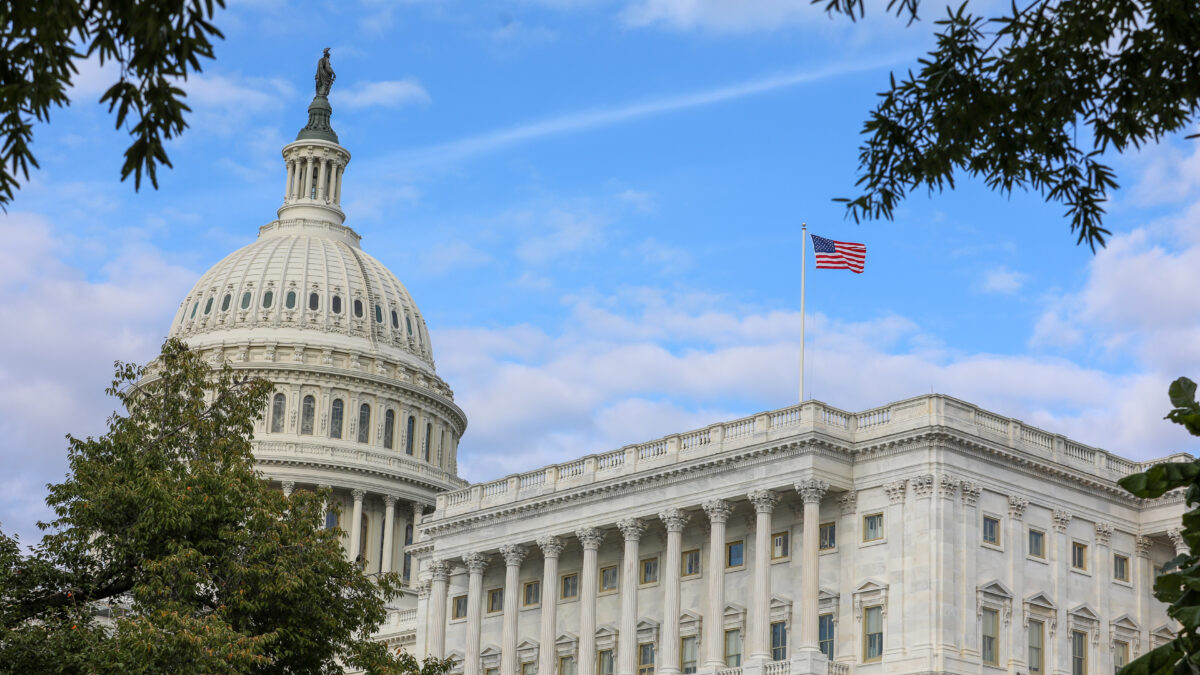House Committee Moves Bill Requiring Transparency in Designation of National Monuments
TOPICS
National MonumentsErin Anthony
Director, Communications

photo credit: AFBF Photo, Philip Gerlach
Erin Anthony
Director, Communications
The House Natural Resources Committee yesterday approved a bill that would restore Congress’ original intent in passing the Antiquities Act in 1906. In modernizing the law for the 21st century, the Farm Bureau-backed National Monument Creation and Protection Act (H.R. 3990) would protect archeological resources while ensuring public transparency and accountability in the president’s use of the Antiquities Act.
Approved by Congress more than a century ago, the Antiquities Act does not explicitly require the president to consult with local and state authorities, but it does mandate that the president reserve “the smallest area compatible with the proper care and management of the objects to be protected.”
However, over the last eight years, the Obama administration used the authority provided by the Antiquities Act to go well beyond Congress’ intent, locking up millions of acres of land from multiple-uses by designating land as national monuments.
In a letter sent to President Donald Trump early this year, Farm Bureau and 18 other organizations highlighted their concerns and called for action. The groups represent the landowners, grazing permitees, loggers, forest products companies, miners and local governments who have been harmed by federal government’s overreach in the national monument designation process.
“We strongly oppose the ongoing misuse of the Antiquities Act by the executive branch and request your administration to work swiftly to resolve these conflicts and work with Congress to pass legislation to improve accountability and transparency in the designation of national monuments. Such reform will ensure that the will of local communities is respected and true American antiquities can be protected,” the groups wrote.
The National Monument Creation and Protection Act addresses several of the groups’ concerns. It includes provisions to protect endangered antiquities and to prevent abuse of executive authority and the designation of excessive national monuments. The bill would also empower impacted local communities and protect property rights.
Key provisions of the bill would:
- Retain flexibility to designate a National Monument up to 640 acres, allowing the president to rapidly protect objects of antiquity in imminent danger and restore the original intent of the Antiquities Act.
- Ensure all new monument designations between 640 acres and 10,000 acres are reviewed under the National Environmental Policy Act prior to being finalized. Proposed new monument designations between 5,000 and 10,000 acres must be reviewed under an environmental assessment or environmental impact statement.
- Require the approval of all county commissions, state legislatures and governors impacted by a national monument for any designation between 10,000 acres and 85,000 acres.
- Require prior written consent of impacted state and private landowners before private property is included in a national monument.
- Allow the president to designate new “Emergency National Monuments” for up to one year to protect areas of any size in times of emergency.
- Redefine the terms used in the Antiquities Act to prohibit the designation of marine national monuments, restoring the original purpose of the act to only protect objects on lands owned by the federal government.
- Require monument reductions greater than 85,000 acres in size to be approved by the impacted counties, state legislatures and governors, and to have undergone NEPA analysis.